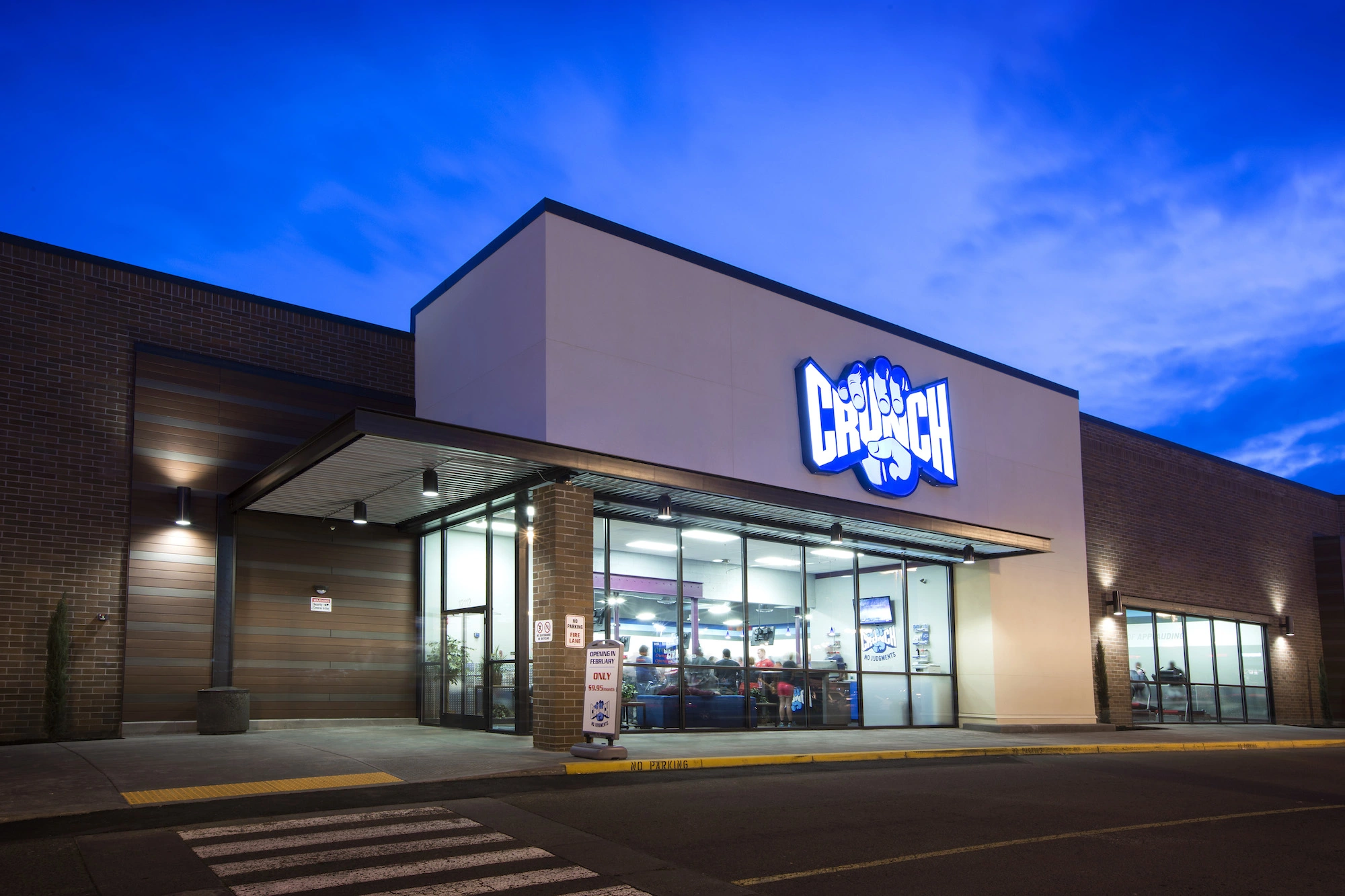The Baltimore Banner thanks its sponsors. Become one.
Jobs
Trump’s promises to cut federal jobs could hit Maryland the hardest

Texas has oil. Florida has Disney World. Maryland has the federal government.
While some states have diverse economies built on a variety of different industries, others, including Maryland, can pinpoint a single industry or employer as a crucial financial driver.
Now, President-elect Donald Trump and his incoming administration are vowing to slash the federal budget and drastically downsize the federal workforce. That’s like the White House telling Texas and Florida it was planning to blow up oil rigs and drop-kick Mickey Mouse.
About 10% of the state’s workers, or an estimated 327,000 Marylanders, are directly employed by the federal government, according to the U.S. Census. These workers have relatively big paychecks from dozens of different agencies and military installations. They contribute substantially to the budgets of local and state governments via taxes.
As he returns to power, Trump wants to establish a “Department of Government Efficiency,” or DOGE, to be led by tech entrepreneur Vivek Ramaswamy and billionaire businessman Elon Musk. They have vowed to chop federal regulations and implement “mass head-count reductions” in a quest for more efficiency.
It’s not clear how much Ramaswamy and Musk can actually trim, and how fast. And not every agency would be affected equally. But no state depends on federal jobs quite like Maryland; only the more populous states of Virginia and California have a higher number of civilian federal workers, according to the Congressional Research Services. And Maryland’s federal jobs aren’t limited to those who commute to D.C.
The federal government is the biggest single employer in Montgomery, Prince George’s, and Charles counties. But it’s also the biggest single employer in Harford, Anne Arundel, Montgomery, St. Mary’s, Calvert, and Frederick counties. It is the second-biggest employer in Baltimore County, where the Centers for Medicare & Medicaid Services and the Social Security Administration are headquartered.
Earlier this year, the office of Maryland Comptroller Brooke Lierman published a report on Maryland’s economy, which included an entire section on the federal government. Lierman said her staff is now modeling different federal cutback scenarios — and what they could mean for Maryland.
A worst-case scenario could look like 2013, Lierman said, when a fight over the national debt triggered cuts in federal spending, a process called sequestration.
“I do believe there is a limit to the speed to which they can move,” Lierman said. “But right now it’s all speculative.”
In recent years, Maryland’s federal workforce was a relative bright spot in an economy that had been losing private sector jobs. That report from the comptroller’s office found that Maryland’s economic growth had been relatively stagnant starting in 2017. The pandemic caused a plunge in the state’s labor force participation rate that has been slow to rebound.
Before Trump’s election, Maryland was on the cusp of hosting even more federal workers. The FBI has been planning to move its headquarters from downtown D.C. to Greenbelt in Prince George’s County, bringing between 7,500 to 11,000 jobs to Maryland.

But the incoming president and some of his top congressional allies have floated reopening the discussion about where to move the headquarters, and his pick to lead the FBI, Kash Patel, has suggested shutting down the bureau’s headquarters entirely and dispersing its agents across the country.
More broadly, Trump and his supporters have talked of moving federal workers from D.C. — though his previous administration also threatened to do this but settled on a small-scale relocation that went poorly.
It’s not just direct federal employees at issue, Lierman said. It’s also the billions of dollars of federal spending that underpins “an ecosystem of private sector contractors and subcontractors and suppliers.” In 2022, spending by the federal government accounted for one-tenth of Maryland’s GDP, Lierman said.
Some of the state’s biggest private employers are contractors with the federal government, including Northrop Grumman and the Johns Hopkins University Applied Physics Laboratory.
A team of researchers recently teamed up with the comptroller’s office for a report on “Maryland’s Super-Sized Procurement Economy.” Released this summer, the report looked at how private companies in Maryland could tap even further into that government spending — much of which is in defense contracting.
“It’s just not clear right now, particularly to the defense side, how much that’s going to change,” said Bruce Katz, the report’s lead author and the director of the Nowak Metro Finance Lab at Drexel University. “I think we really just need to step back and see events unfold.”
Though Republicans will take control of the Senate next month, Maryland will have at least one advocate on the Senate Appropriations Committee, which oversees federal spending — Democratic Sen. Chris Van Hollen.

Van Hollen said his office is closely following any discussions about federal contracting, but so far that doesn’t seem to be a target of the Trump administration. What worries Van Hollen right now is that all this talk about efficiency might just be a smoke screen for a reimagined government that relies less on its longtime workers.
Van Hollen said he isn’t against a more efficient government, but that he does oppose gutting federal agencies and replacing merit-based civil service positions with “political cronies.”
Regardless of how the Trump administration approaches the federal budget, economist Anirban Basu said this moment should be a wake-up call for Maryland. Basu, the CEO of Sage Policy Group in Baltimore, said it underscores the need to diversify the state’s economy — and bring in more private investment.
A lot of people refer to Maryland’s economy as being powered by “eds, meds, and feds,” Basu said, but it’s really more like feds, feds and more feds. That’s because Maryland’s universities, hospitals and medical technology industries benefit greatly from federal spending and grants.
Maryland wouldn’t be in a tight spot if its private sector workforce had been growing alongside its federal workforce, but it hasn’t, Basu said. In recent years, the state has been shedding jobs from private employers. Many working-age Marylanders have dropped out of the labor force and not returned. Some have even left the state.
With Maryland’s state government facing a budget crunch, the last thing it needs is for a key economic driver — the federal government — to slow down.
“Maryland is in trouble,” Basu said. “I don’t think most Marylanders realize how deep the hole is.”
The Associated Press contributed to this report.
Continue Reading










